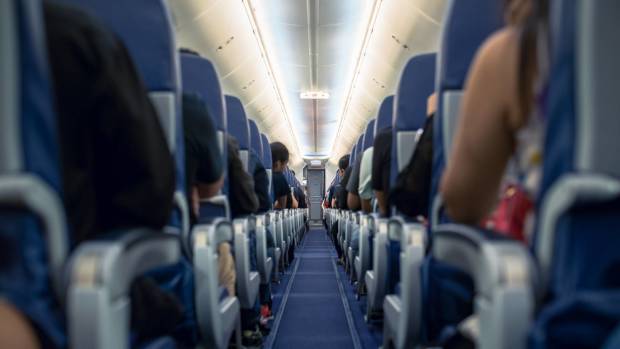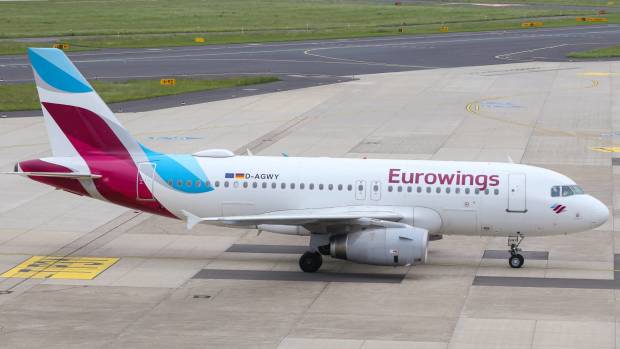
That small bags of peanuts many still wait to get on their flight has a long history in the industry. It all began with a 1978 marketing campaign in which Southwest Airlines (LUV) -) started positioning itself as having "peanut fares" and serving passengers small bags of peanuts as an illustration.
As the snack is easy to eat, nutritious and has a long shelf life, many airlines followed suit and also started serving peanuts aboard their flights. At one point, Atlanta-based Delta (DAL) -) was tapping into Georgia's long history of peanut production to promote the "local" snack.
DON'T MISS: United Airlines Is Phasing Out This Beloved Cookie
But as peanut and other nut allergies became more prominent, airlines had to balance some traveler's love and expectation of the in-flight snack with the risks of serving them in a confined space. Delta has repeatedly swapped out and brought back in-flight peanuts after customer complaints while the current policy is to "refrain from serving peanuts and peanut products onboard" if notified of an allergy ahead of time.

Shutterstock
'Please do count them all,' passenger says
While this allows airlines to respond to traveler allergies, a situation recently came to a head when a passenger aboard a Eurowings flight from Germany's Dusseldorf to London said that her request not to serve peanuts was repeatedly "ignored."
Traveling on the Lufthansa (DLAKF) -)-owned low-cost carrier, 27-year-old Leah Williams told British publication The Mirror that she was left with "no choice" but to ask to buy every packet of peanuts aboard the flight — this added up to £144 (roughly $183 USD) for 48 packets at £3 ($3.81 USD) each.
This was nearly triple the £50 ($63.54 USD) Williams had paid for her airfare.
"The stewards looked at me blankly like I was crazy and said, 'But there is a lot, we'll have to count them all,'" Williams told The Mirror. "'Please do count them and I will pay for them all, seeing as you have left me with no choice.'"
The insistence earned Williams some funny looks from other passengers but she said that she did this to avoid having an allergic reaction from open peanuts in a confined space — diagnosed with a severe peanut allergy in childhood, the design worker said that people without allergies do not always understand that a severe reaction can lead to hospitalization or even death.
This is how airlines handle allergies
Williams is now looking for a refund and a reevaluation of how Eurowings responds to passenger allergies.
"Eurowings should be ashamed of how they handled this situation and for the way they made me feel," she told the publication.
A similar situation arose when, on a United Airlines (UAL) -) flight from Texas to New Jersey, passenger Lianne Mandelbaum said that she felt "threatened" and told that "this is not going to happen on this plane" after she brought up her son's peanut allergy to a flight attendant.
Most airlines now have allergen policies. Some have moved away from peanuts and other common allergy foods entirely while others have a policy that requires the passenger to inform the airline of any allergies a few days before the flight.
That said, the International Air Transport Association (IATA) said that airlines are "unable to provide allergen-free meals" in the same way as on-the-ground facilities can because "commercial kitchens cannot guarantee compliance."
"Even if the airline does not serve the food to which you are allergic, it cannot guarantee an allergen-free environment," the industry association said. "For example, if you have a peanut allergy, other passengers may bring peanuts on board the aircraft."







